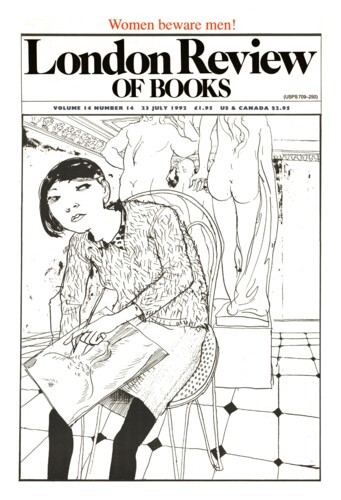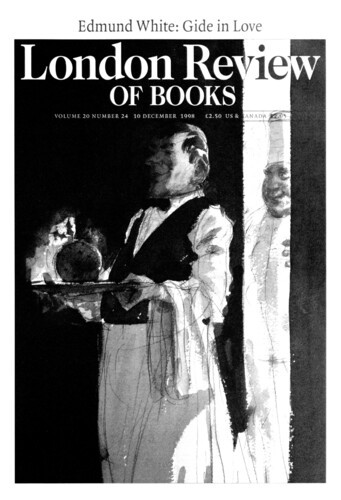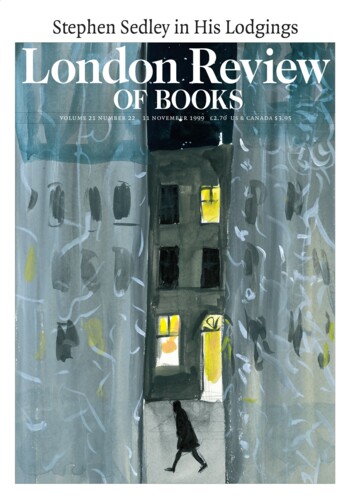Fallen Idols
David A. Bell, 23 July 1992
The French, a people normally not plagued by a lack of national pride, revere very few of their past leaders. Consider the following list: Richelieu, Louis XIV, Robespierre, Napoleon, Clemenceau, De Gaulle. Which of them enjoys anything like the adoration from their countrymen that Americans give to the secular canon of Washington, Jefferson, Lincoln, Roosevelt and Kennedy? Napoleon himself is today remembered as a vainglorious tyrant who squandered his achievements. The last president or king who still excites unstinting positive emotions is Henri IV, assassinated in 1610. Even De Gaulle inspires far more respect than love. Only the English, perhaps, among Western nations, match the French in this lack of hero-worship (consider the similar fates of Churchill and De Gaulle in the immediate post-war period). Both nations do a much better job of idolising their great writers.





